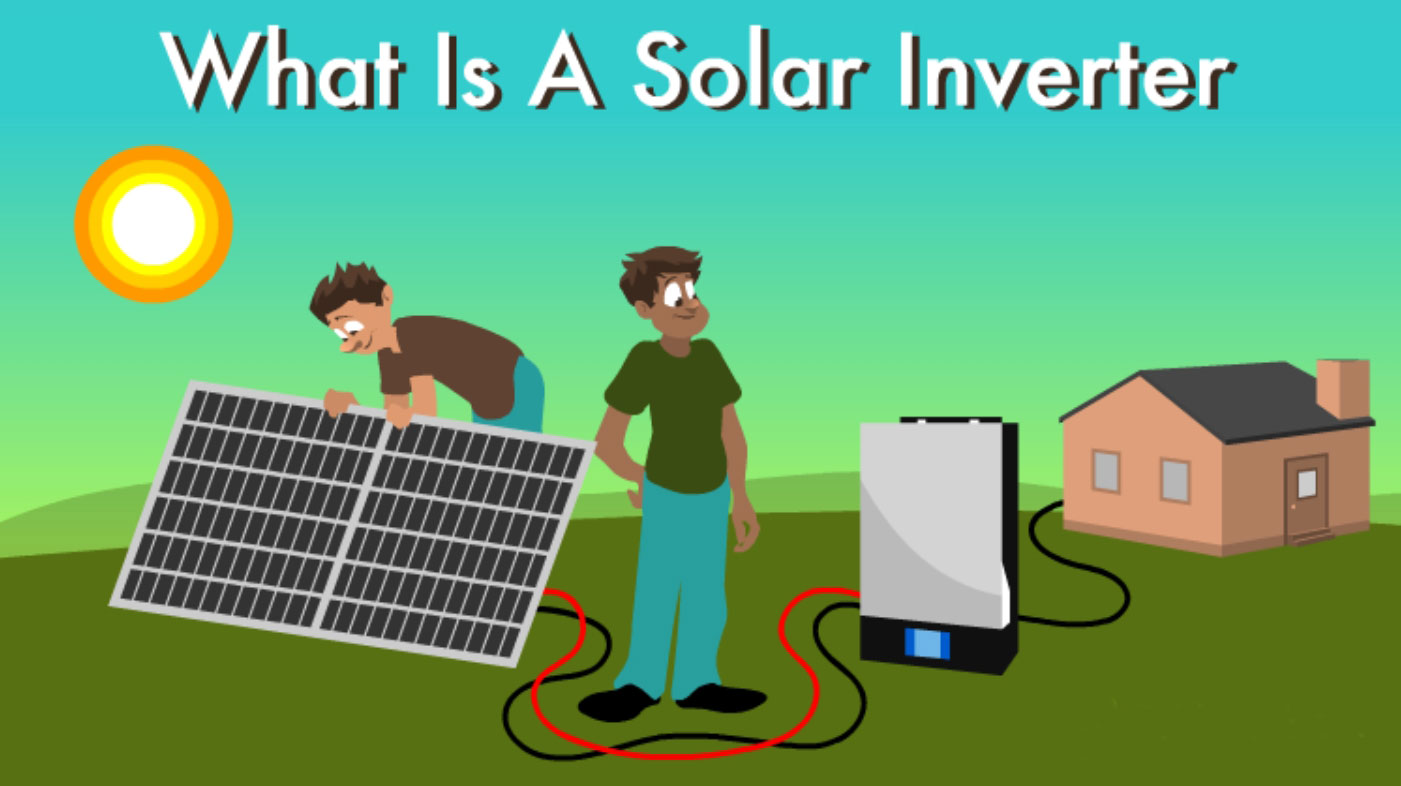
Smart solar inverters integrated with artificial intelligence (AI) are revolutionizing the way solar energy systems operate and optimize energy production. Here’s how AI is being leveraged in smart solar inverters to maximize energy production:
- Advanced Maximum Power Point Tracking (MPPT): AI algorithms enhance MPPT capabilities by analyzing real-time data from the solar panels, such as sunlight intensity, temperature, and shading conditions. These algorithms continuously adjust the operating point of the solar panels to maximize power output under varying environmental conditions, optimizing energy production throughout the day.
- Predictive Analytics: AI-powered predictive analytics algorithms analyze historical and real-time data to forecast solar irradiance, weather patterns, and energy consumption patterns. By predicting future energy production and demand, smart solar inverters can proactively adjust their operation to optimize energy generation and consumption, reducing reliance on the grid and maximizing self-consumption of solar energy.
- Load Forecasting and Optimization: AI algorithms can analyze household or commercial energy consumption patterns to forecast future energy demand. Smart solar inverters use this information to optimize energy production and storage, ensuring that surplus solar energy is stored in batteries or used to power high-energy-consuming appliances during peak demand periods, such as evenings or cloudy days.
- Fault Detection and Diagnostics: AI-based fault detection algorithms analyze system data to identify potential issues or anomalies in the solar energy system. Smart solar inverters can detect abnormalities in solar panel performance, solar inverter operation, or electrical connections and provide real-time alerts or diagnostic reports to system owners or maintenance technicians, enabling timely troubleshooting and preventive maintenance.
- Dynamic Grid Interaction: AI-powered smart solar inverters can dynamically adjust their operation to support grid stability and grid management initiatives. solar inverters can provide grid support functions such as voltage regulation, frequency control, and reactive power compensation, contributing to the stability and reliability of the electrical grid while maximizing the integration of renewable energy resources.
- Adaptive Control Strategies: AI algorithms enable smart solar inverters to adapt their control strategies based on changing environmental conditions, grid requirements, and user preferences. These adaptive control strategies optimize energy production, storage, and consumption in real-time, ensuring efficient operation and maximizing the economic and environmental benefits of solar energy systems.
- Continuous Learning and Improvement: Smart solar inverters equipped with AI capabilities can continuously learn from operational data and user feedback to improve their performance and efficiency over time. Machine learning algorithms analyze historical data to identify trends, patterns, and optimization opportunities, allowing solar inverters to adapt and evolve to changing conditions and user needs.
Overall, smart solar inverters integrated with AI offer unprecedented levels of intelligence, automation, and optimization in solar energy systems. By leveraging real-time data analytics, predictive modeling, and adaptive control strategies, solar inverters maximize energy production, enhance grid integration, and provide greater flexibility and resilience in the transition to a renewable energy future.
